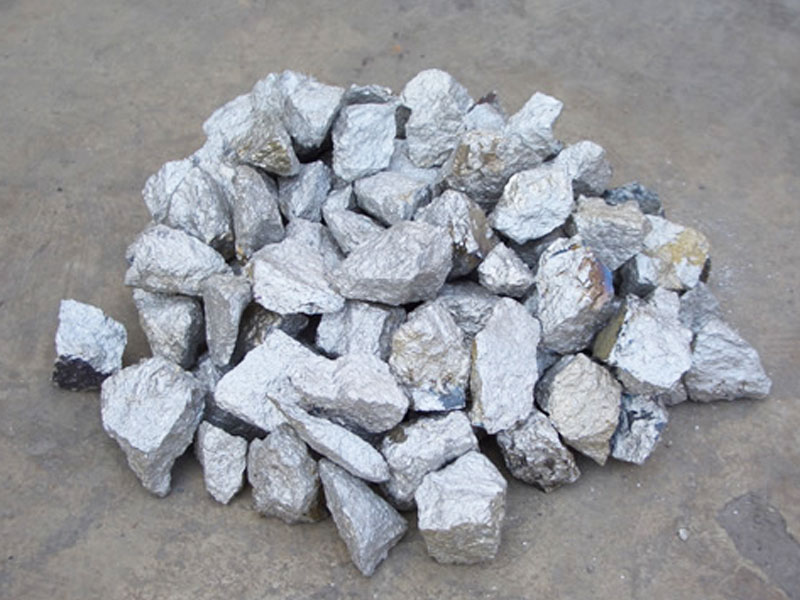
By Siddharth Subudhi
Ferro Molybdenum (FeMo) is a vital input to strategic applications (defence, space and industrial). FeMo’s strategic importance draws from its very distinct properties of high resistance to heat, hardening and strengthening, and resistance to corrosion.
The material is used to manufacture many components for National Security importance such as rocket nozzles, muzzlers, ships and so on. India has ample capacity to manufacture FeMo.
However, the industry in India is in the midst of tremendous pressure that can potentially lead to closure/shrinkage of the industry. This is because of the predatory exports from South Korea since 2017. Global exports from Korea have increased by 13 times over the period, from 1,797 in 2009-10 to 23,287 in the year 2021-22. By contrast, Korea’s exports to India have increased by almost 180 times.
Despite being a relatively small industry with 15-20 MSME manufacturers employing around 5000 workers, the FeMo industry in India possesses a manufacturing capacity of approximately 20,000 MT against a domestic demand of around 11,000 MT. However, India is 100 percent import dependent for the raw material Roasted Molybdenum Ore and Concentrate (RMOC).
An anomaly arises from the Comprehensive Economic Partnership Agreement (CEPA) with South Korea, allowing duty-free exports of FeMo to India, while Indian manufacturers face import duties on raw materials, making domestic production costlier. This is despite South Korea having no Molybdenum deposits of its own – it is procured directly duty free from China. India’s historical Free Trade Agreements (FTA) have not consistently benefited its merchandise trade.
Although the government has imposed safeguard duties against South Korea, it is only for a period of up to 2 years. These safeguard duties have certainly benefited the industry, but at the end of the duty application will the Indian industry be trodden again? It is imperative that we search for longer-term measures to ensure this industry not only survives, but thrives to reach export potential.
A recent report released by the Global Trade Research Initiative (GTRI) on critical minerals in India indicated that India has limited domestic processing facilities for critical minerals. One of the reasons for this is because India has been focusing primarily on exploration activities for critical minerals, but not sufficiently on developing the domestic capabilities for processing them into higher value components such as FeMo. Till date, India has no extractable molybdenum deposits. However, there is an Indian industry to process Molybdenum into FeMo and this industry is being sidelined.
Efforts need to be made to shift from being the world’s largest importer of defence equipment to meeting the majority of its needs through domestic production. Renegotiating the India-Korea CEPA for FeMo is a tough plug to pull, with the Koreans particularly interested only in adding to the agreement rather than removing any items.
Even if the Koreans continue to dump into India after the safeguard duties expire, we can support the Indian industry by waiving the duty on the raw material RMOC. It will thereby create a level playing field for the Indian industry to compete with the South Koreans.
By waiving off these duties on the raw material, fair competition can be restored. The Indian industry is currently operating at a market share of only around 50%. The current duty structure levies 2.5% custom duties on RMOC imports into India. Removing these duties will allow the Indian industry to return to the peak of its market share at 89 percent (as of 2013) and ensure the supply-chain resilience for our defence industries.
This article first appeared in ET Government,